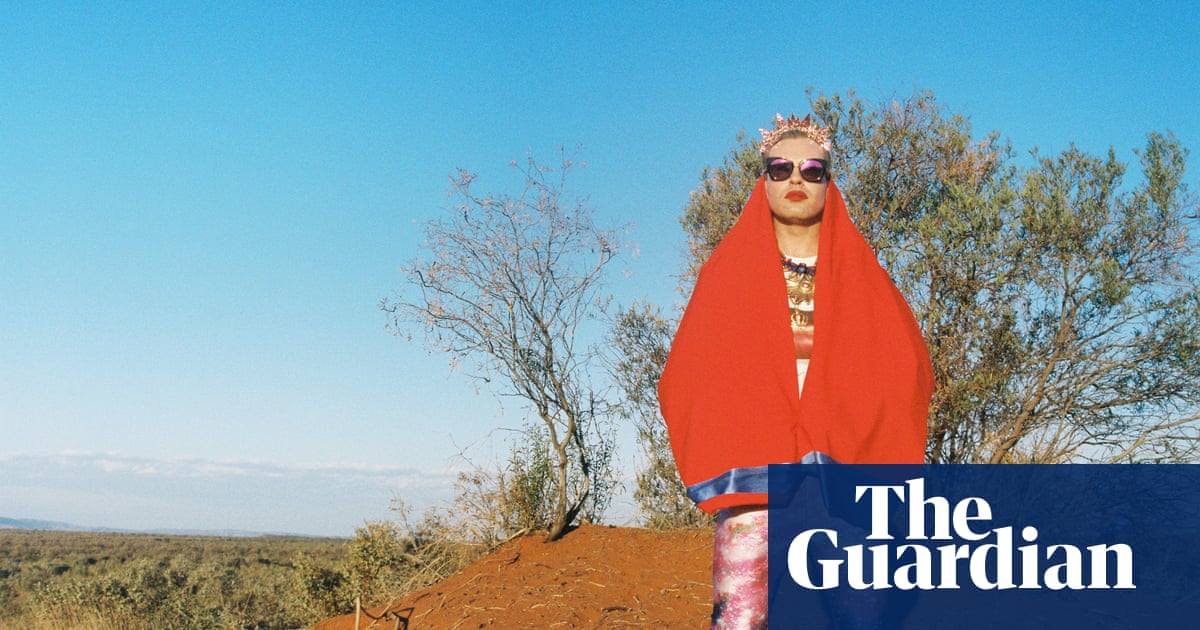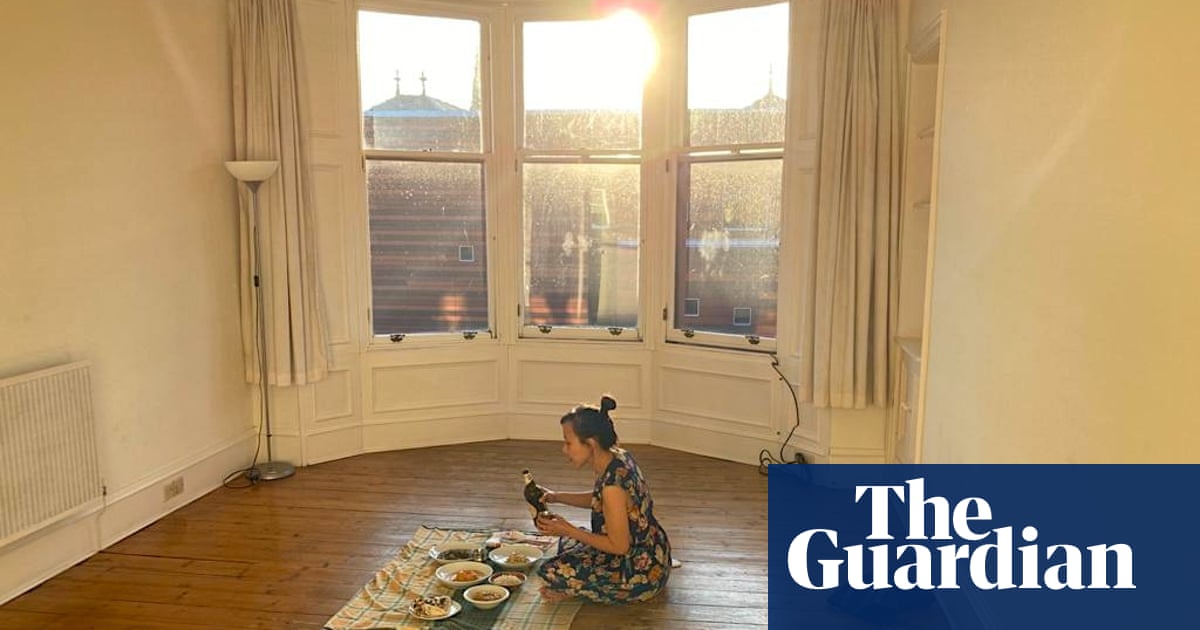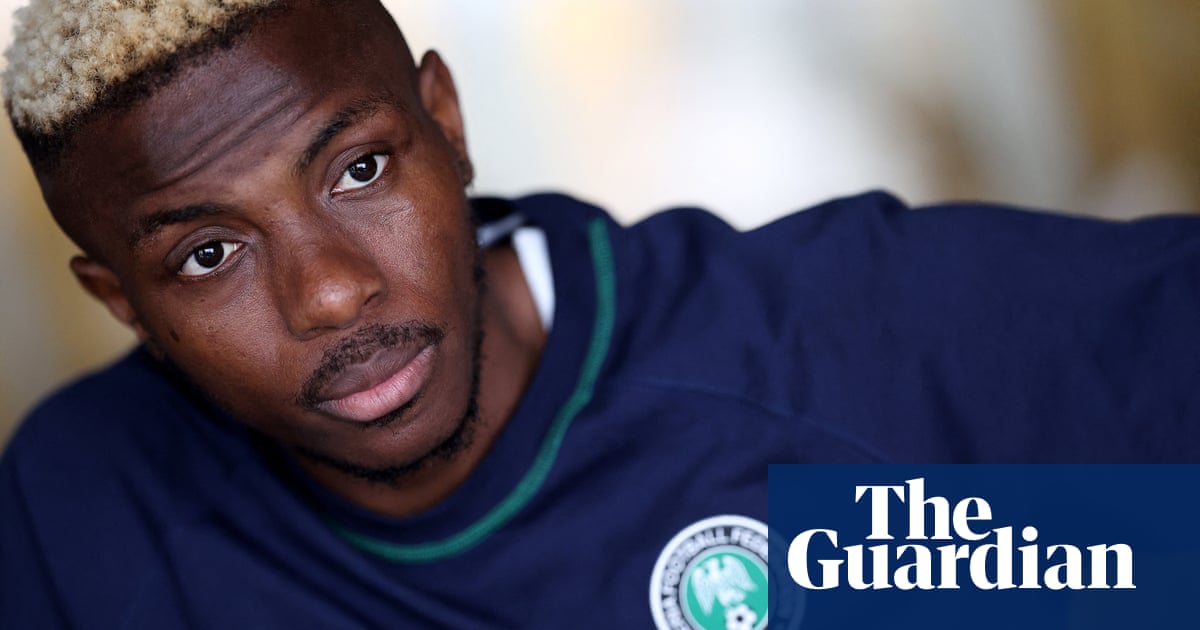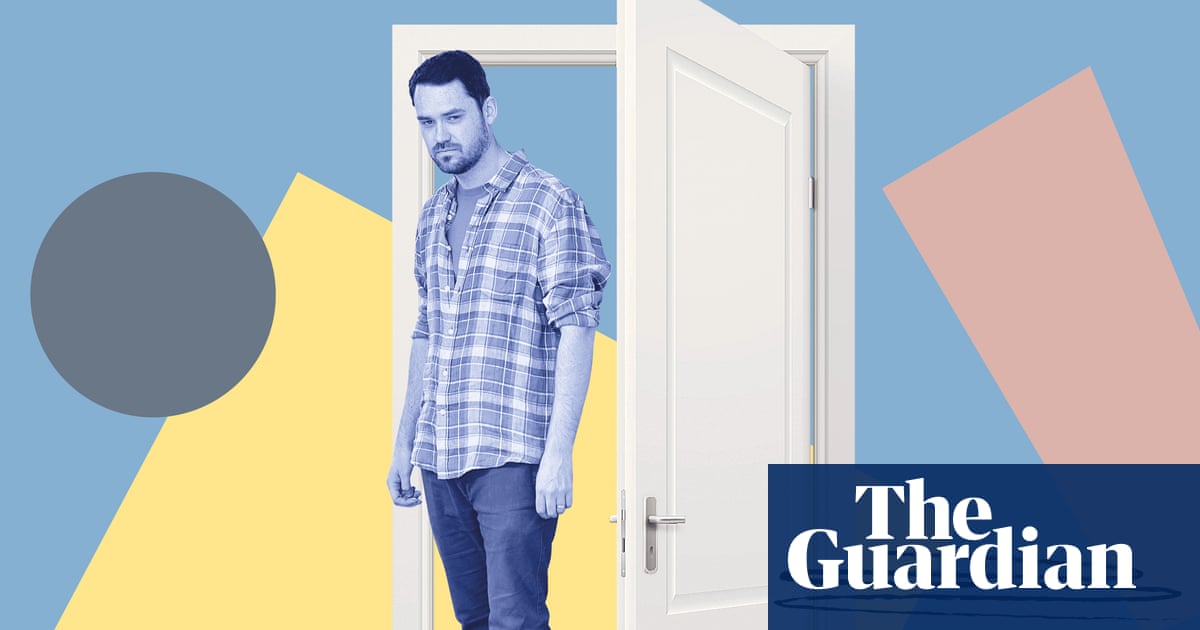
Iwatched the sun smack the sweltering bitumen, sending swirls of giddy air dancing above the rocky horizon into the blank, blue sky. I’d landed in Mparntwe, in the heart of Arrernte Country. Alice Springs.
I wasn’t there by choice. Earlier that year a serious spinal injury had led to two operations, unexpected complications and the unravelling of my physical and mental health. The ensuing months had left me single, jobless, extremely unfit and dependent on a parent for the first time in more than a decade. I needed a place to recover. Dad had moved to Alice a few years earlier and was the only person in my immediate family who could put me up. The town was a far cry from my beloved Berlin, where I’d spent the last few years treading water as a snarky, queer hipster. I was really good at it. As soon as I was able, I planned to resume life among the packed apartment buildings, bustling green spaces and hedonistic nightclubs.
I couldn’t stand Alice Springs when I first arrived, in part because of the circumstances that had brought me there. I was used to big moves, having shifted overseas several times, but I usually had some agency over where I was going. Lack of control provoked my insecurities and manifested as resentment in those early days. I was also wary of rural living, having grown up bullied and ashamed of my sexuality in country New South Wales. Fond memories from adolescence are about as sparse as the central Australian landscape. Rather, I remember always trying to hide part of myself from view. An important and immutable part. I didn’t really know what being gay would mean for me back then; there weren’t many openly gay men in my small town, so I had scarce insight into how my sexuality might shape my future. I just knew it was beginning to shape my present in very unwelcome ways, and was desperate to escape.
Berlin, by contrast, had long served as a kind of psychological refuge. It represented freedom in the same way country life represented constraint. My first visit there was in my early 20s and I threw myself into the city’s thriving queer scene. I visited more and more until I made the move permanent. It was far from a charmed existence – life’s hard in a new country with a different language and limited job prospects – but I always viewed my relationship with Berlin as a kind of romance. Every so often a misunderstanding would arise and we’d get annoyed with one another, but eventually the deep affection underpinning our relationship would resurface and we’d patch things up, usually by way of a magical night out on the town.
It took a while for Alice Springs to feel romantic. The radiating summer heat is seared into my mind. The unwelcome influx of red dust and seasonal invasion of flies. One day early on I was sitting in Dad’s back yard when a curious blowfly landed on my leg, began to explore and proceeded to trap itself in a knot of hair, sweat and dust. It agitated for release for a few moments before giving up and dropping dead. The episode prompted regular, meticulous manscaping. I was afraid decaying insects on my person might impede my slim prospects of an outback fling.
Having said that, I was deeply defensive about meeting people when I first arrived, although it proved all but unavoidable. On my first weekend in town, I went to the pub to write quietly for a few hours and ended up making three or four new acquaintances. The thought of knowing too many people in a small town – of people knowing me – made me feel exposed. In Berlin I could cultivate a pleasing anonymity, blending into the international melting pot whenever necessary.
But as life wore on and my body healed. Alice Springs gave me space to heal some old psychological wounds as well. Little by little, I began to settle in and enjoy myself. Eventually, I realised that the trade-off for reduced anonymity can be greater access to community. I learned about Arrernte culture and history, made friends with city blow-ins and born-and-bred locals and got to know an enviable coffee culture and a hidden haven for queer expression. Alice Springs house parties are legendary, with dress-ups, DJs and dancing to rival even Berlin’s notorious nightlife.
Dad bought me a bike to get about town and an Akubra to keep the sun at bay. The hat looked absurd, but in a way I enjoyed. I called it my rabbit skin halo – not that I’d ever been much of an angel. Slowly, I felt my mind unknot from its cramped, confused angst and found myself admiring the scenery. The faded reds and miracle greens of the desert. The imposing ranges rising up to meet fuzzy, sherbet skies at dusk. The night sky packed with stars and the reassuring comfort of remoteness; where the world’s problems seem so far away and your own problems shrink against the scale of the landscape.
I spent a lot of time reflecting. Reconfiguring formative lessons from that troubled adolescence. My instinct had been to retreat from small-town living, but I began to think about what I might have done with my life had I not lost all those years trying to escape. About what brought me to central Australia in the first place. The spinal injury, surgeries, health and healing. Eventually, I decided to apply for medical school.
It meant leaving Mparntwe, which was sad, but I still visit often. The plan is to return when I graduate and work as a local doctor. I’d like to be a visible queer presence in a rural setting. The kind I missed out on while growing up, helping to ensure people feel like they belong and have a future.
I still love Berlin as well of course, and go back whenever I can. That romance rages on, even though we’ve both changed so much over the years.
It’s amazing how two such different places can each feel like home.












